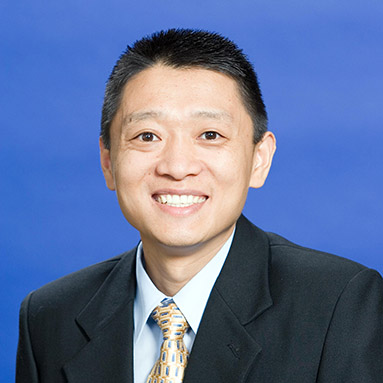Artificial Intelligence

AI and Cutting-Edge Research at WPI
Researchers at WPI have long deployed artificial intelligence (AI) techniques such as machine learning across disciplines to probe for insights in data. Now, as advances in generative AI and large language models revolutionize research, WPI students and faculty are continuing to work at the cutting edge of AI to leverage vast quantities of information to make discoveries in health care, robotics, materials science, autonomous vehicles, and education.
Ethical and societal concerns guide that research, enabling students and faculty to pursue research thoughtfully while acknowledging the limitations of AI. Industry collaborations also provide essential access to large data sets that allow WPI’s researchers to make breakthroughs.
Academic offerings at WPI include a graduate program in AI.

AI in Medicine and Health Care
Researchers led by Dmitry Korkin used AI to identify predictors of suicide risk in women with certain trauma-related disorders.

AI for Robot Performance
Nitin Sanket and students are building an autonomous flying robot to collect and transfer pollen as climate change impacts bee populations.

AI in Human-Robot Interaction
Inspired by health care needs during the pandemic, Jane Li is leading an interdisciplinary team to develop robots to help workers care for patients.
AI in Education

The AI techniques of machine learning and natural language processing are critical to ASSISTments, the award-winning platform that Neil Heffernan and his wife, Cristina Heffernan, founded to improve math instruction and learning.
Partners and Funders
WPI faculty members collaborate with academic partners such as UMass Chan Medical School and McLean Hospital. Our faculty also work with companies such as Charles River Analytics Inc. WPI’s research is supported by the National Science Foundation, the National Institutes of Health, the Department of Education, the Department of Defense, the state of Massachusetts, and other private and public funders.
Faculty Experts
Faculty Profiles






Dr. Jean King is an active neuroscientist and Peterson Family Dean of Arts & Sciences at Worcester Polytechnic Institute. Previously Dr.













Dr. Jean King is an active neuroscientist and Peterson Family Dean of Arts & Sciences at Worcester Polytechnic Institute. Previously Dr.







AI at WPI
Artificial intelligence (AI) is part of the fabric of WPI—and has been for 50 years. Learn more about how AI is woven across campus and provides students with an immersive experience and education for the future. Learn more.



